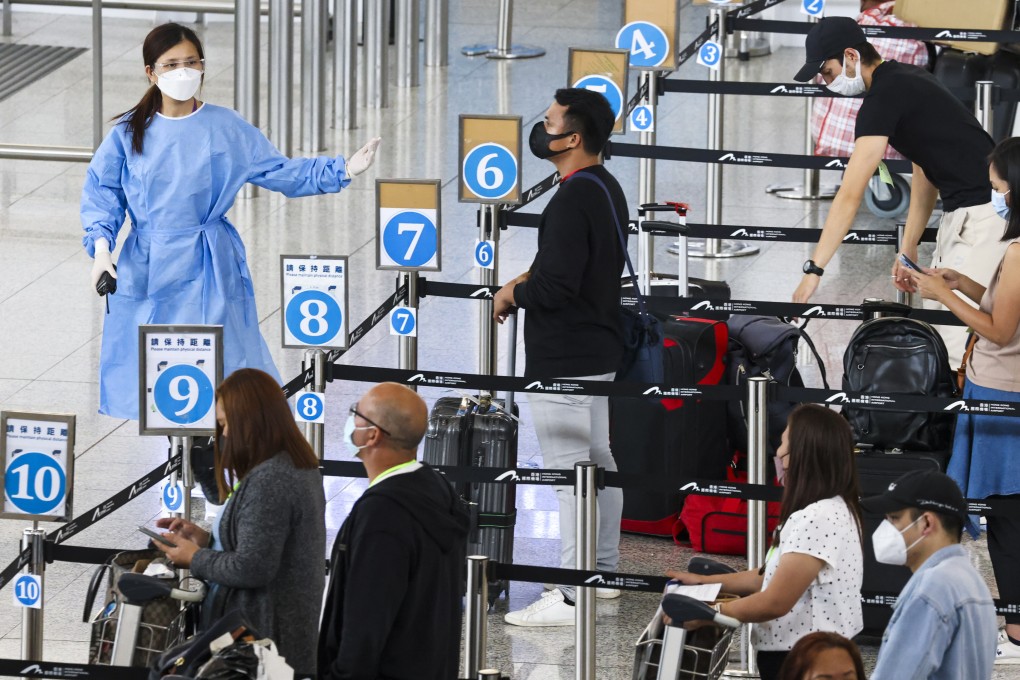Editorial | Cut in quarantine at hotels for arrivals a step in right direction
- New arrangements bring hope Hong Kong, which continues to suffer from the pandemic and measures to contain it, and longs to reopen to mainland China and the rest of the world

School closures and social distancing seem largely bad memories after 2½ years battling five waves of the coronavirus. Travel restrictions such as mandatory quarantine are now the most enduring – and hotly contested – measure.
They may be the front line of defence against another wave of Covid-19 but, arguably, they are also a major obstacle to recovery of the battered economy of a city dependent on global connectivity.
The pressure from local and international business and travellers alike to get rid of them has increasingly isolated the government and its health advisers in public debate.
A meeting of top officials last week to address this conflict has turned out to be a landmark in the pandemic strategy of the new administration of Chief Executive John Lee Ka-chiu.
If they return negative tests, this will be followed by four days of home, or hotel, medical surveillance during which entry to areas requiring vaccine pass checks, or participation in mask-off activities, remains barred.

